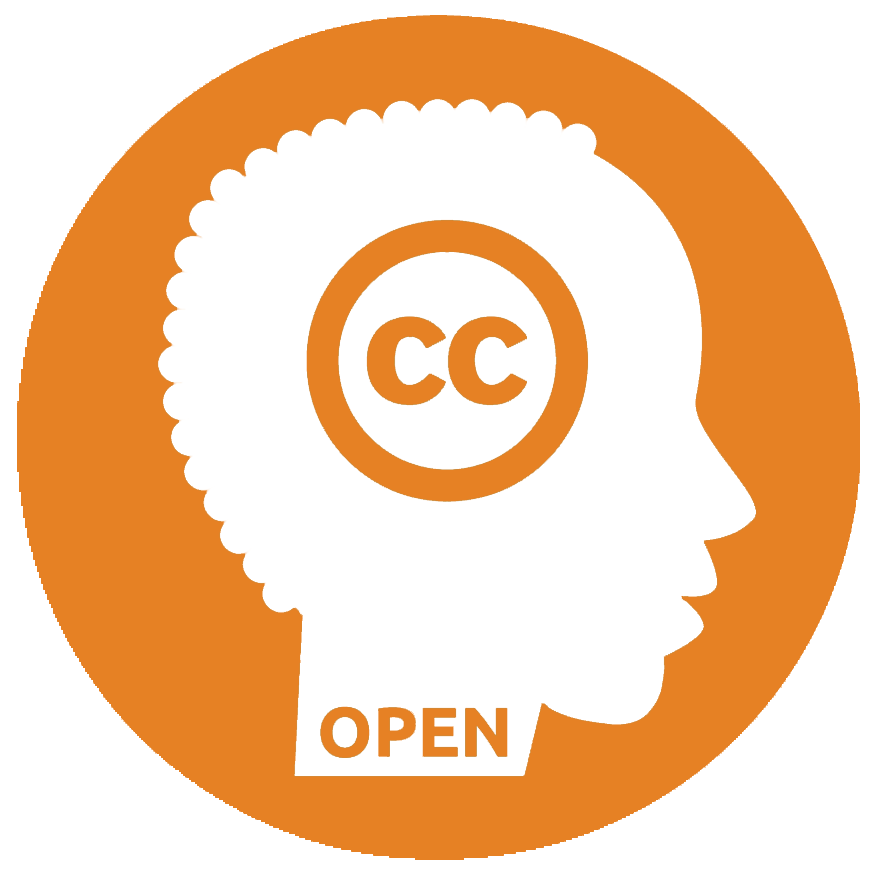Your search
Results 5 resources
-
Background: The array of availability of diverse digital reading applications, the mixed results emerging from small-scale experimental studies, as well as the long-standing tradition and range of known positive developmental outcomes gained from adultchild storybook reading warrant an investigation into electronic storybooks (e-books) by performing a meta-analysis, which includes recent studies.
-
Identifying effective literacy instruction programs has been a focal point for governments, educators and parents over the last few decades (Ontario Ministry of Education, 2004, 2006; Council of Ontario Directors of Education, 2011). Given the increasing use of computer technologies in the classroom and in the home, a variety of information communication technology (ICT) interventions for learning have been introduced. Meta-analyses comparing the impact of these programs on learning,...
-
This report presents an overview of the process and initial findings of a systematic review and meta-analysis of the literature on computer simulations for K–12 science, technology, engineering, and mathematics (STEM) learning topics. Both quantitative and qualitative research studies on the effects of simulation in STEM were reviewed. Studies that reported effect size measures or the data to calculate effect sizes were included in the meta-analysis. Important moderating factors related to...
-
The purpose of this meta-analysis is to examine overall effect as well as the impact of selected instructional design principles in the context of virtual reality technology-based instruction (i.e. games, simulation, virtual worlds) in K-12 or higher education settings. A total of 13 studies (N ¼ 3081) in the category of games, 29 studies (N ¼ 2553) in the category of games, and 27 studies (N ¼ 2798) in the category of virtual worlds were meta-analyzed. The key inclusion criteria were that...
-
Since its advent word processing has become a common writing tool, providing potential advantages over writing by hand. Word processors permit easy revision, produce legible characters quickly, and may provide additional supports (e.g., spellcheckers, speech recognition). Such advantages should remedy common difficulties among weaker writers/readers in grades 1–12. Based on 27 studies with weaker writers, 20 of which were not considered in prior reviews, findings from this meta-analysis...
Explore
Outcome measure
- Attitudes (1)
- Learning (5)
- Motivation (1)
Education Level and Type
- ECE 0-7 (1)
- K-12 (3)
- Primary 7-10 (2)
- Secondary 11-16 (1)
- Tertiary (1)
Groups of students
- At-risk (1)
- EAL (2)
- Learning difficulties (1)
- Low-performing (2)
- Low socio-economic status (2)
- SEND (1)
Moderating variables
- Assessments (1)
- Design-type/ testing instruments (2)
- Feedback (2)
- Implementation fidelity (1)
- Length of time (2)
- Novelty Effect (1)
- Parent/carer involvement (1)
- Peer involvement/group learning (2)
- Teacher involvement
- Teacher professional development (1)
- Tech structure (1)
- Type of instruction methods (student/teacher centered) (1)
- Type of knowledge or task (exposing, procedural, active, etc (1)
Tech Hardware
- Computer (3)
- E-book hardware - e.g. kindle (1)
- Handheld device (2)
- Multimedia (1 or more) (2)
- Tablet (1)
- Touch-screen (1)
Tech Software
- Computer-Assisted Instruction (CAI) (1)
- E-book software (1)
- Game learning (1)
- Simulations (2)
- Virtual Reality (1)
- Word processor (1)
Tech mechanism
Learning Approach
Teacher Pedagogy
- Collaboration (2)
- Peer learning (1)
- Scaffolding (2)
Research methods
Effect size/ heterogeneity
HIC/LMIC
Quality of research
- High: 6+ (4)
- Medium: 4 or above (1)
Geography if specific
- Taiwan (1)
- The Netherlands (1)
- Turkey (1)
- USA (1)

